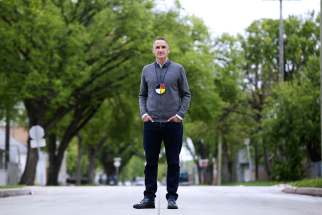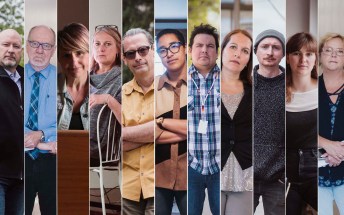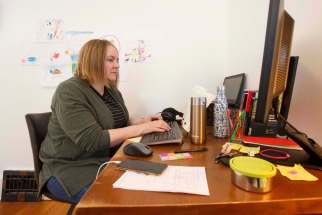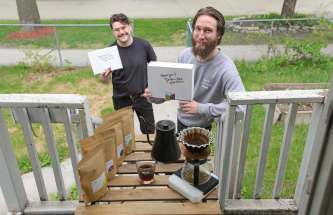Coffee culture shock With cafes closed, java entrepreneurs have brewed up digital, delivery, subscription and takeout options
Read this article for free:
or
Already have an account? Log in here »
To continue reading, please subscribe:
Monthly Digital Subscription
$0 for the first 4 weeks*
- Enjoy unlimited reading on winnipegfreepress.com
- Read the E-Edition, our digital replica newspaper
- Access News Break, our award-winning app
- Play interactive puzzles
*No charge for 4 weeks then price increases to the regular rate of $19.95 plus GST every four weeks. Offer available to new and qualified returning subscribers only. Cancel any time.
Monthly Digital Subscription
$4.99/week*
- Enjoy unlimited reading on winnipegfreepress.com
- Read the E-Edition, our digital replica newspaper
- Access News Break, our award-winning app
- Play interactive puzzles
*Billed as $19.95 plus GST every four weeks. Cancel any time.
To continue reading, please subscribe:
Add Free Press access to your Brandon Sun subscription for only an additional
$1 for the first 4 weeks*
*Your next subscription payment will increase by $1.00 and you will be charged $16.99 plus GST for four weeks. After four weeks, your payment will increase to $23.99 plus GST every four weeks.
Read unlimited articles for free today:
or
Already have an account? Log in here »
Hey there, time traveller!
This article was published 29/05/2020 (2048 days ago), so information in it may no longer be current.
When Jordan Cayer and Adam Kozuska heard that the coronavirus had arrived in Winnipeg, they figured their careers serving coffee might soon run cold.
Cayer, 29, had managed the cafe and events at Forth, a trendy shop in the east Exchange District, and Kozuska, 24, was one of the baristas tasked with doling out the drinks. Suddenly, there were no events to be held, and the cafe’s ownership informed staff they’d be closing down temporarily, leaving the duo out of work.
For a long time, Cayer and Kozuska had day-dreamed about starting a coffee business of their own — maybe a cafe or a delivery service: the pandemic presented them with an opportunity to strike out on their own, although not quite how they’d imagined.
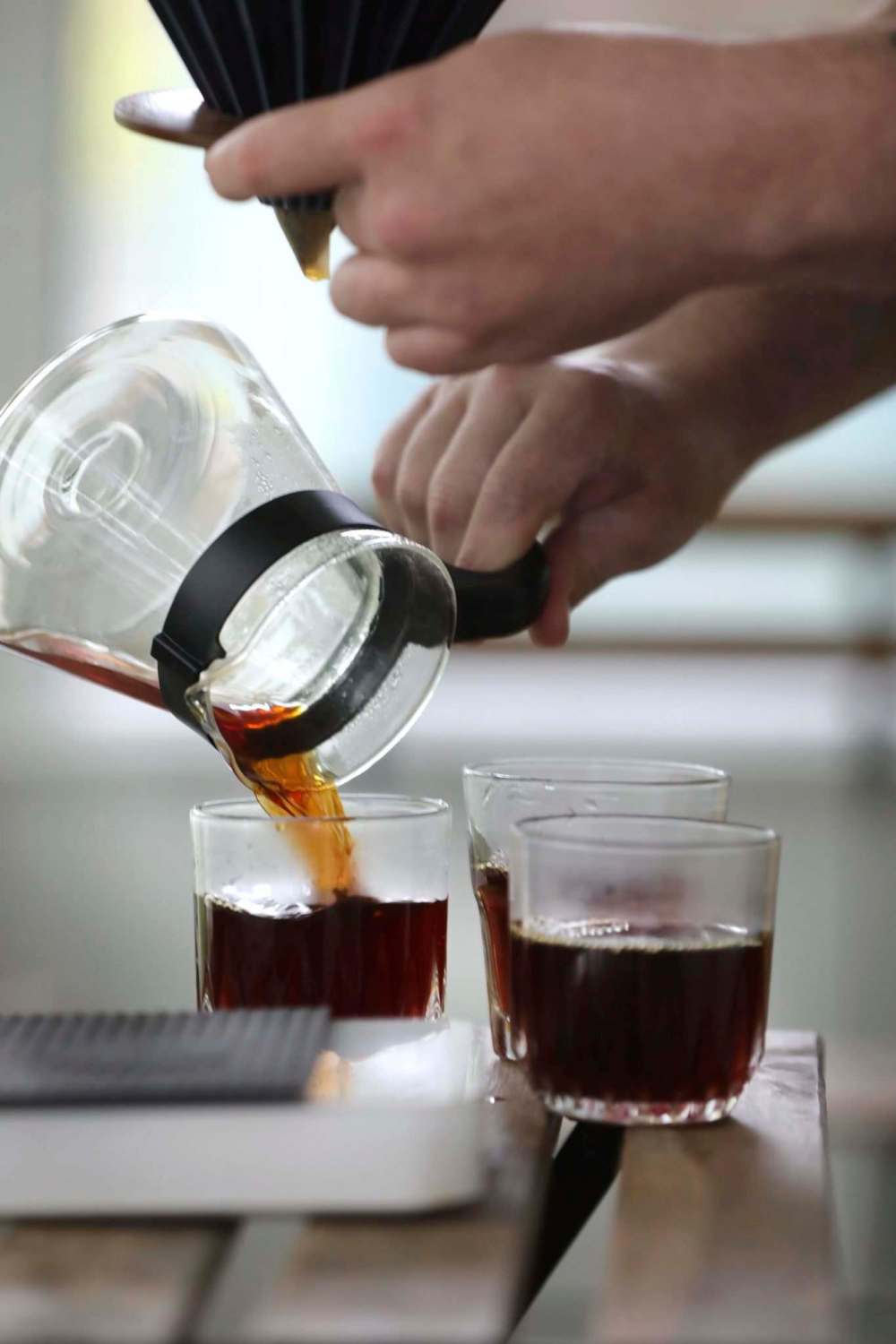
On May 22, they launched Never Better Coffee, an online shop and education resource that partners with roasters worldwide to bring to Winnipeg blends that would otherwise never reach Manitoban taste buds, like ones from Berlin’s Bonanza Coffee and Montreal’s Rabbit Hole Roasters. Never Better ordered some 60 bags from each, expecting a slow trickle of purchases. Within two days, they’d essentially sold out.
“I was thinking a lot about the role of the barista, and the relationship they build with customers, and we tried to find a way to adapt it to this time,” said Kozuska, who like Cayer is a first-time business owner.
While leaning on their own coffee-making chops to have one-on-one conversations with customers to improve their at-home brewing, the business partners drew on old connections with roasters to give them exotic and accessible options: Kozuska met Rabbit Hole’s roaster five years ago at a local cafe and struck up a conversation, while Cayer made contact with Bonanza’s sales manager during a fall trip to Germany last year. Conversations are in the works with roasters in Toronto and New York.

“I think there’s a huge future in what Never Better is going to do,” said David Lalonde, Rabbit Hole’s owner, whose online sales quadrupled once distancing measures were put in place in Quebec.
In the past, coffee shops have thrived by the very virtue of being places for gathering, and that idea exploded with the concept of third-wave coffee, a movement that sees the beverage as not just a beverage, but something worth analyzing and understanding: the origin of the beans and the methods used in their harvest became central in cafe mythos. The pandemic has dealt a blow to the traditional ways of cafes and forced them to adapt, but it’s also ignited in consumers the desire to recreate their own curated cafe experience at home.
While Never Better has taken an of-the-moment approach to address that change, coffee shops with physical locations are also being forced to examine their future while acknowledging the ways of drinking coffee in the past — big lineups in-store, shoulder-to-shoulder seating, limited e-commerce options — might never return, or at least not while customers feel uncomfortable.
When asked what the future of coffee shops is, Janis Urniezius, the owner of South Osborne’s Park Line Coffee says, “That’s something we’ve been asking ourselves, and we haven’t come up with an exact answer.” The three-year-old cafe has weathered the storm thanks to decent returns on takeout service, but it’s had to cut its hours and Urniezius says she’s considering other options — including an increased emphasis on retail — to maximize the cozy cafe’s revenue.
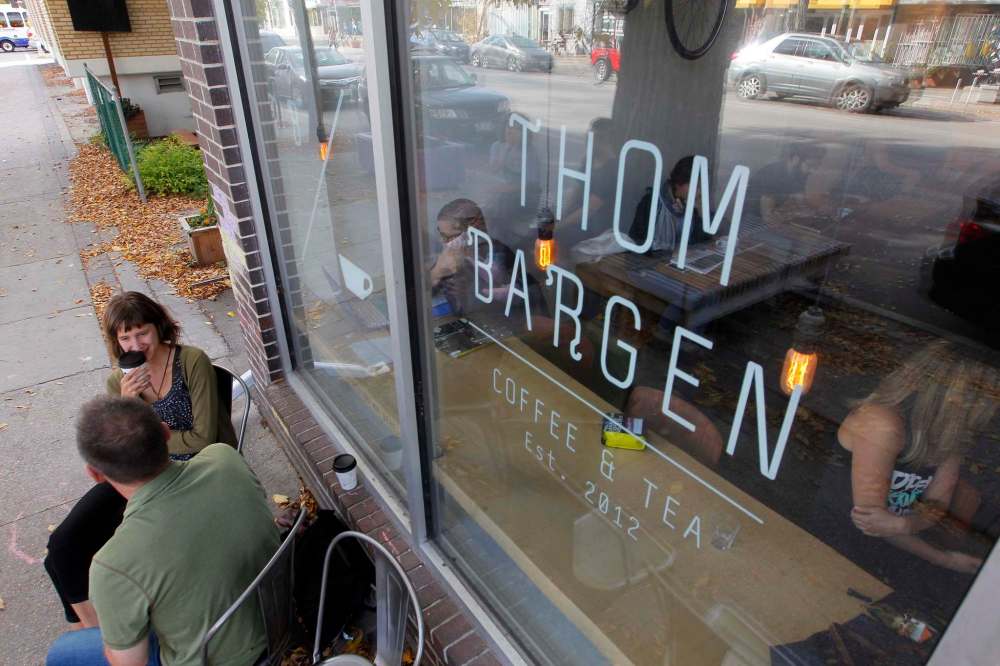
In St. Boniface, Café Postal has had the same inclination: with no physical store sales to speak of in April, managers Louis Levesque Cote and Shaylyn Plett leaned into digital, and managed to attain 50 per cent of a normal month’s sales using their website. It was a major drop in sales, but all things considered, it was remarkable to make up so much ground using a brand-new website. Meanwhile, the shop’s coffee subscription service has grown to 70 subscribers, and since May, when takeout began, sales have equalled pre-pandemic totals.
Café Postal also found itself in a strange predicament thanks to physical distancing: its tiny shop — fewer than 10 seats — which helped it build a community ambience, now might be too small for meaningful or profitable in-store seating. But just as closures began, construction began on a long-planned expansion, which includes a wheelchair-accessible entrance and more spaced-out seating that should be complete by the fall.
“When we can finally have people inside, I think they’ll appreciate having more space,” Levesque Cote said.
Other shops, like Little Sister and Thom Bargen, had more than one physical shop to consider, with Little Sister temporarily closing its South Osborne shop and Thom Bargen doing the same at its two downtown locations. Each has also started online shops in response to the pandemic.
Thom Bargen’s Graham Bargen said since launching the online store, 30 per cent of sales have been through e-commerce, and online orders have been relatively strong: a typical in-store customer might buy one drink for $4; an online order promises free delivery over $40, a sum customers have readily exceeded.
Little Sister owner Vanessa Stachiw said online service has been strong, while a takeaway stand at the River Avenue makes more economic sense right now than opening the 500 square-foot shop to limited occupancy and with added sanitization and high labour costs. “It honestly wouldn’t be feasible,” she said.
While the goal is to reopen each shop once it makes sense, Bargen said online is here to stay: “I think it would be a missed opportunity to go back to business as usual.”
Never Better, whose name was inspired by a song by Montreal band Ought, is making the same bet, promising same day delivery for orders made before noon each week day. So far, it’s been a shrewd move that’s resonated with consumers, as evidenced by their doubled second order.
“It’s not the most lucrative business in the world, but it’s super fun and we’re really passionate,” said Cayer. “We really believe we can grow.”
ben.waldman@freepress.mb.ca

Ben Waldman is a National Newspaper Award-nominated reporter on the Arts & Life desk at the Free Press. Born and raised in Winnipeg, Ben completed three internships with the Free Press while earning his degree at Ryerson University’s (now Toronto Metropolitan University’s) School of Journalism before joining the newsroom full-time in 2019. Read more about Ben.
Every piece of reporting Ben produces is reviewed by an editing team before it is posted online or published in print — part of the Free Press‘s tradition, since 1872, of producing reliable independent journalism. Read more about Free Press’s history and mandate, and learn how our newsroom operates.
Our newsroom depends on a growing audience of readers to power our journalism. If you are not a paid reader, please consider becoming a subscriber.
Our newsroom depends on its audience of readers to power our journalism. Thank you for your support.

